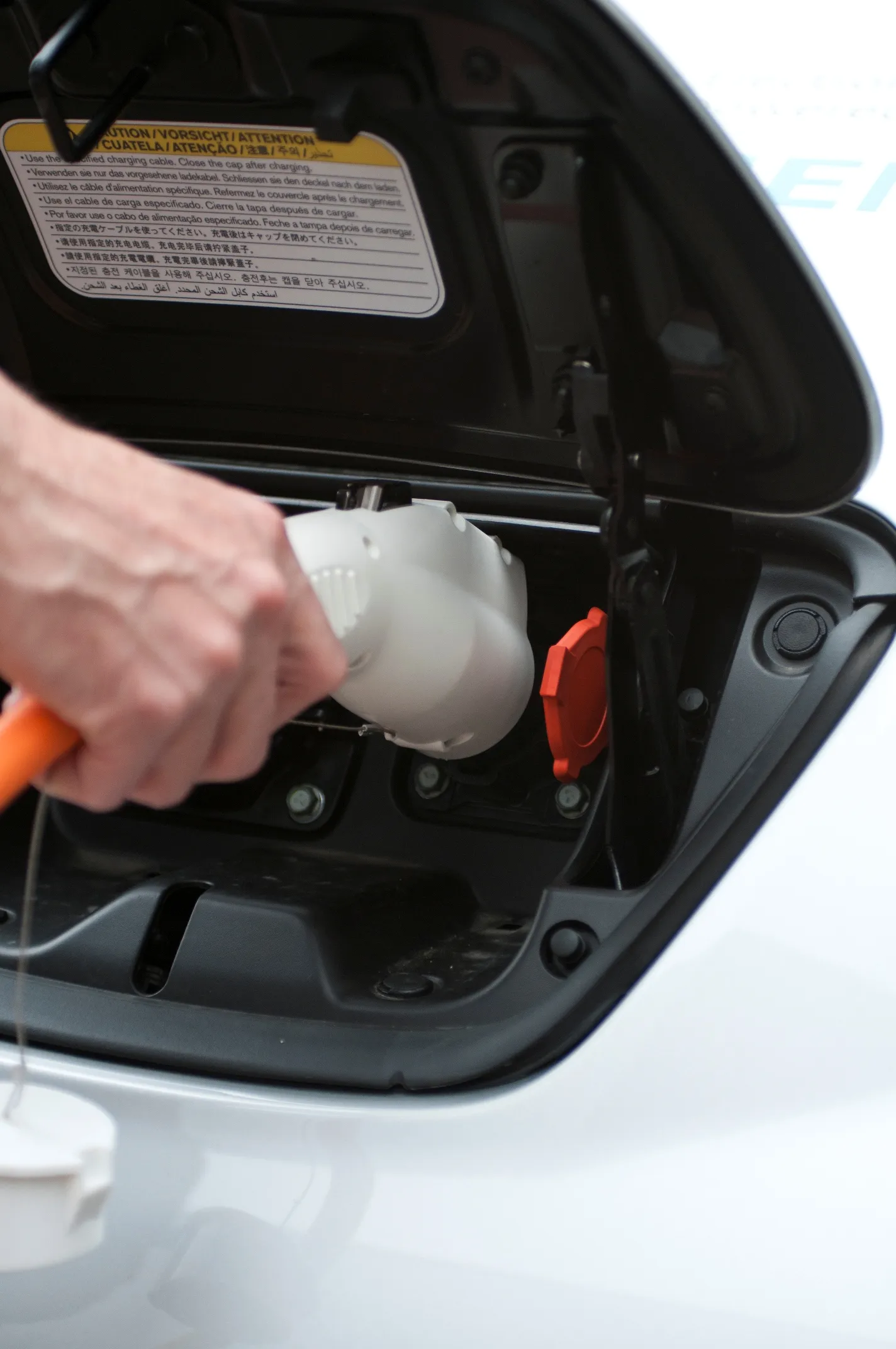New harmonised standards are being discussed that will allow recharging of electric vehicles across Europe. The move is required as part of a drive to achieve sustainable transport, as standardisation of the connection between the electricity grid and electric vehicles will help e-mobility gain a viable market share. A single harmonised plug system is needed for the recharging of electric vehicles on both the vehicle and the infrastructure sides. Various motoring and industry associations are involved in th
June 8, 2012
Read time: 2 mins
New harmonised standards are being discussed that will allow recharging of electric vehicles across Europe.
The move is required as part of a drive to achieve sustainable transport, as standardisation of the connection between the electricity grid and electric vehicles will help e-mobility gain a viable market share. A single harmonised plug system is needed for the recharging of electric vehicles on both the vehicle and the infrastructure sides. Various motoring and industry associations are involved in the issue and all agree that this needs to be solved as soon as possible. Recharging infrastructure is already installed in different Member States but before this is phased in on a wider scale, standard technologies will need to be used. The






